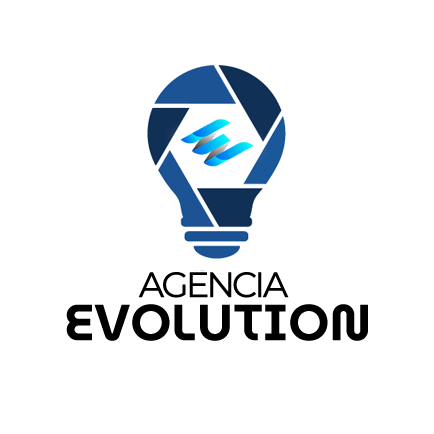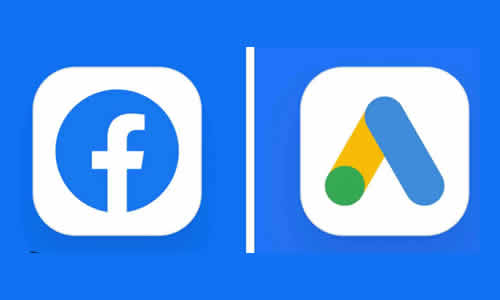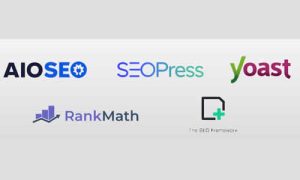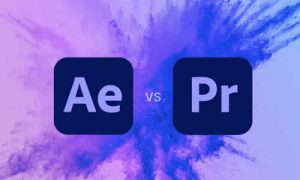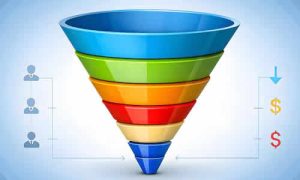When it comes to online advertising, two platforms stand out: Google Ads and Facebook Ads. Both offer unique opportunities to reach your target audience, but each has its particularities that can make a significant difference in the effectiveness of your campaigns. In this article, we will analyze the differences between these platforms and help you decide which one is better suited for your business.
Understanding Google Ads
Google Ads is a paid advertising platform that allows businesses to display ads in Google search results and on its network of partner sites. The main advantage of Google Ads is user intent. When someone searches for a specific product or service, they are likely ready to buy. This means that the ads displayed have a high conversion potential.
Another important feature of Google Ads is the use of keywords. Advertisers can choose relevant keywords for their businesses, and the ads are shown when users search for those terms. The flexibility in creating text ads and options for geographic and demographic targeting allow you to reach exactly those who are looking.
Exploring Facebook Ads
On the other hand, Facebook Ads offers a different approach. This platform is based on interest alignment rather than direct purchase intent. Advertisers can target users based on their activities, interests, and demographics. This means that even if a user is not actively searching for a product, they can be impacted by an ad that resonates with their interests.
Facebook Ads also excels in its variety of ad formats, including images, videos, and carousels. This allows companies to create more visual and engaging campaigns. Additionally, Facebook has a massive user base, offering the opportunity to reach a very broad audience.
Comparing Cost and Return on Investment (ROI)
A crucial aspect to consider when choosing between Google Ads and Facebook Ads is cost and return on investment (ROI). In Google Ads, advertisers pay per click (CPC), which can become expensive depending on keyword competitiveness. However, the high user intent often results in higher conversion rates.
On the other hand, Facebook Ads generally has lower costs per click, but conversion may not be as direct as in Google. This means that while you can reach many users, the conversion rate may be lower. Therefore, it’s essential to monitor and analyze the performance of your campaigns on both platforms to understand where your investment is generating the most return.
Which Is Better for Your Business?
The choice between Google Ads and Facebook Ads depends on various factors, including the type of product or service you offer, your target audience, and your marketing goals. If your focus is on generating immediate sales and you are targeting an audience that is already actively searching for what you sell, Google Ads may be the better choice.
Conversely, if you want to increase brand awareness and engage an audience based on interests, Facebook Ads may be more effective. Many businesses choose to use a combination of both platforms to maximize their reach and results.
